The Flowers project-team, at Inria, University of Bordeaux and Ensta ParisTech, studies models of open-ended development and learning. These models are used as tools to help us understand better how children learn, as well as to build machines that learn like children, i.e. developmental artificial intelligence, with applications in educational technologies, automated discovery, robotics and human-computer interaction.
A major scientific challenge in artificial intelligence and cognitive sciences is to understand how humans and machines can efficiently acquire world models, as well as open and cumulative repertoires of skills over an extended time span. Processes of sensorimotor, cognitive and social development are organized along ordered phases of increasing complexity, and result from the complex interaction between the brain/body with its physical and social environment.
To advance the fundamental understanding of mechanisms of development, the FLOWERS team develops computational models that leverage advanced machine learning techniques such as intrinsically motivated deep reinforcement learning, in strong collaboration with developmental psychology and neuroscience. In particular, the team focuses on models of intrinsically motivated learning and exploration (also called curiosity-driven learning), with mechanisms enabling agents to learn to represent and generate their own goals, self-organizing a learning curriculum for efficient learning of world models and skill repertoire under limited resources of time, energy and compute. The team also studies how autonomous learning mechanisms can enable humans and machines to acquire grounded language skills, using neuro-symbolic architectures for learning structured representations and handling systematic compositionality and generalization. In related way, we study how populations of interacting learning agents can collectively acquire cooperative or competitive strategies in challenging simulated environments.
Beyond leading to new theories and new experimental paradigms to understand human development in cognitive science, as well as new fundamental approaches to developmental machine learning, the team explores how such models can find applications in robotics, human-computer interaction, automated discovery and educational technologies. In robotics, the team studies how artificial curiosity combined with imitation learning can provide essential building blocks allowing robots to acquire multiple tasks through natural interaction with naïve human users, for example in the context of assistive robotics. The team also studies how models of curiosity-driven learning can be transposed in algorithms for intelligent tutoring systems, allowing educational software to incrementally and dynamically adapt to the particularities of each human learner, and proposing personalized sequences of teaching activities.
Centre(s) inria
In partnership with
Contacts
News
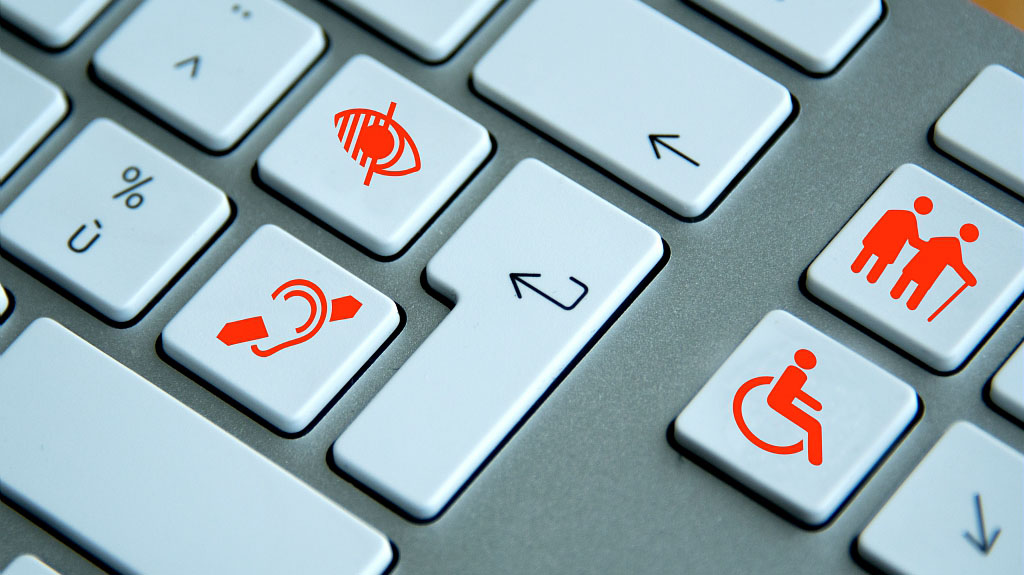
A look back at the development of the Aïana software program
A new permanent exhibition on robotics at Cité des Sciences et de l’Industrie
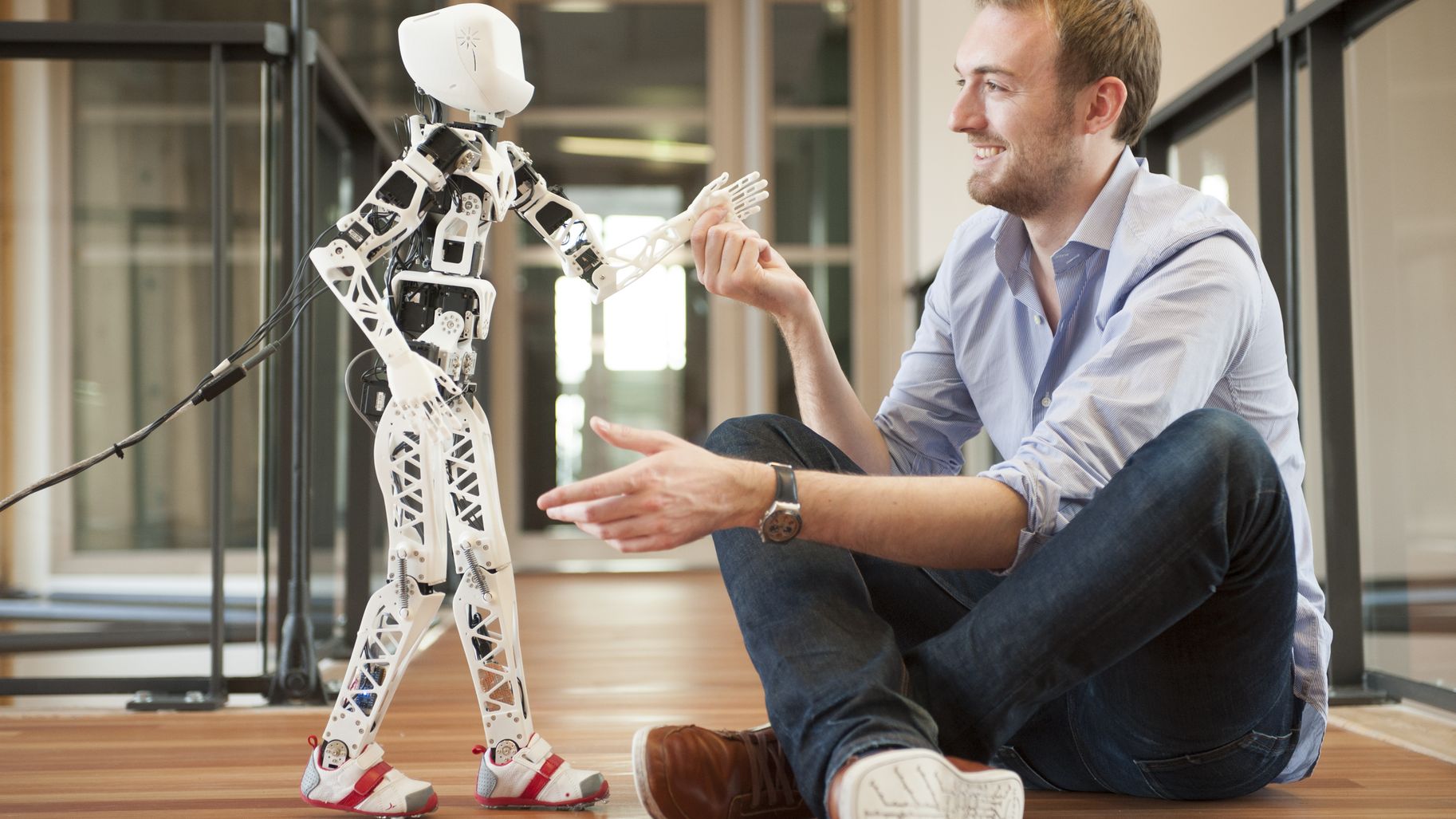
Poppy Station - open source robotics for education, research and culture

The Flowers team or in praise of curiosity
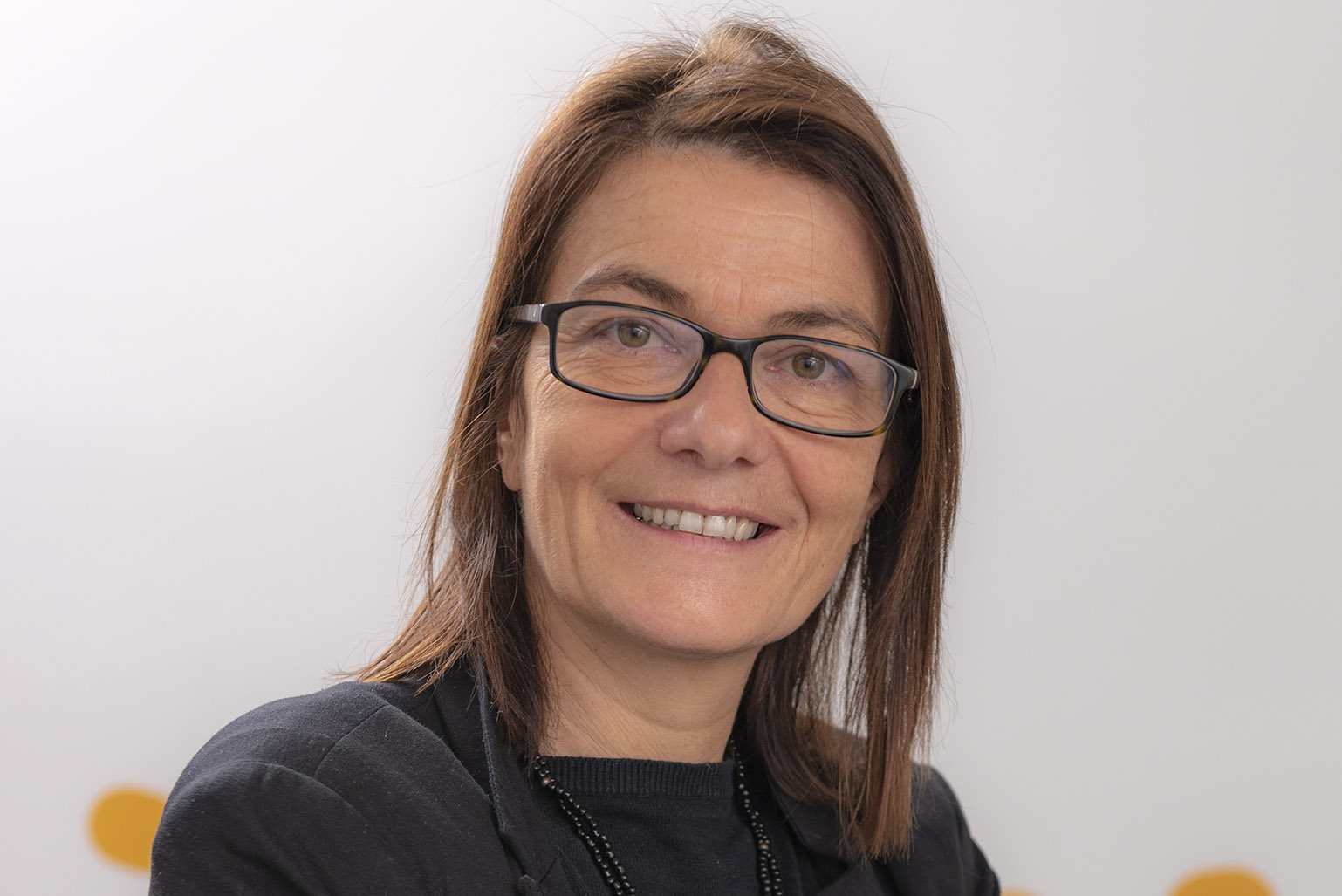
Hélène Sauzéon, from psychology to virtual reality
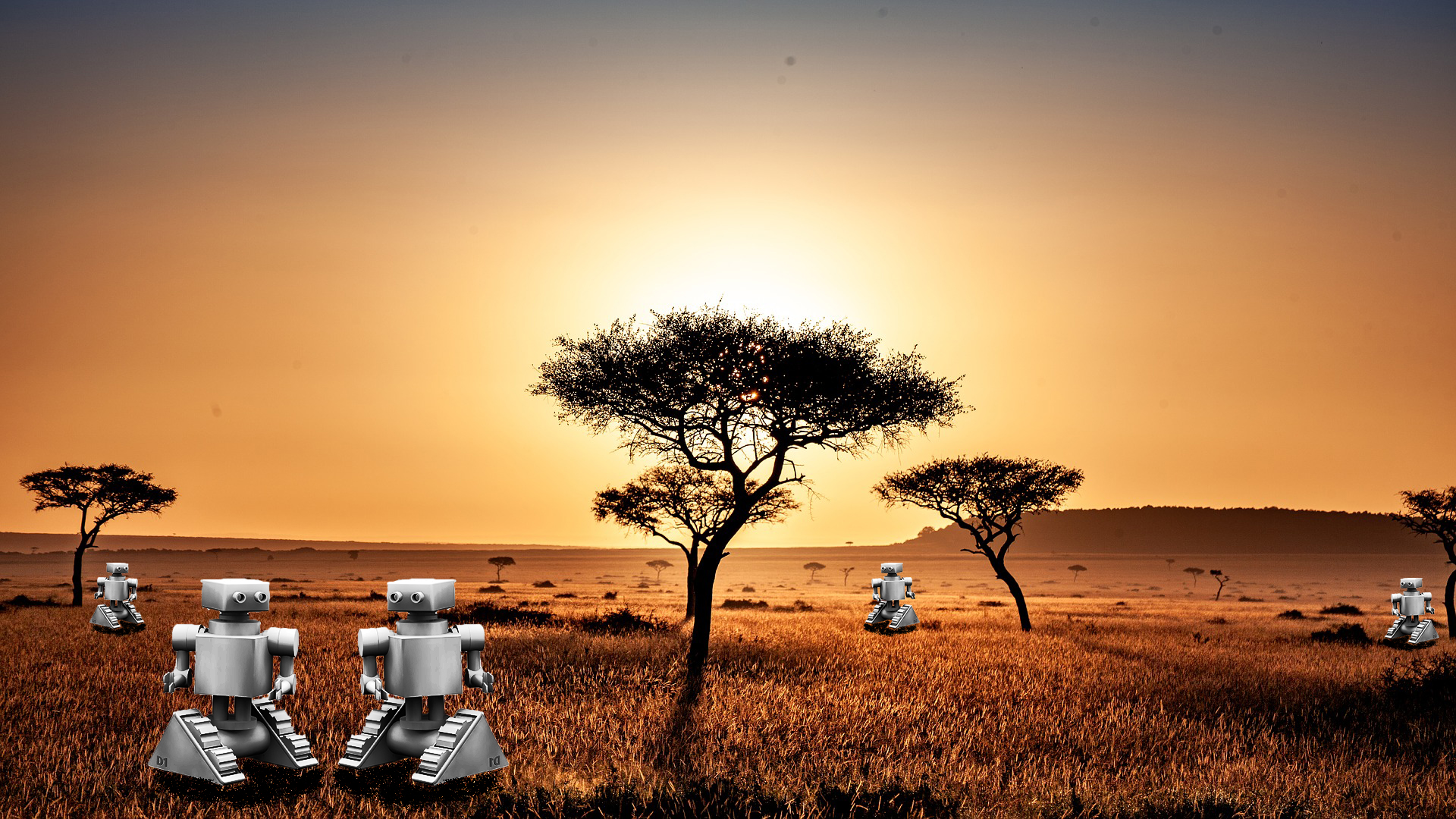
ORIGINS: grounding artificial intelligence in the origins of human behaviour
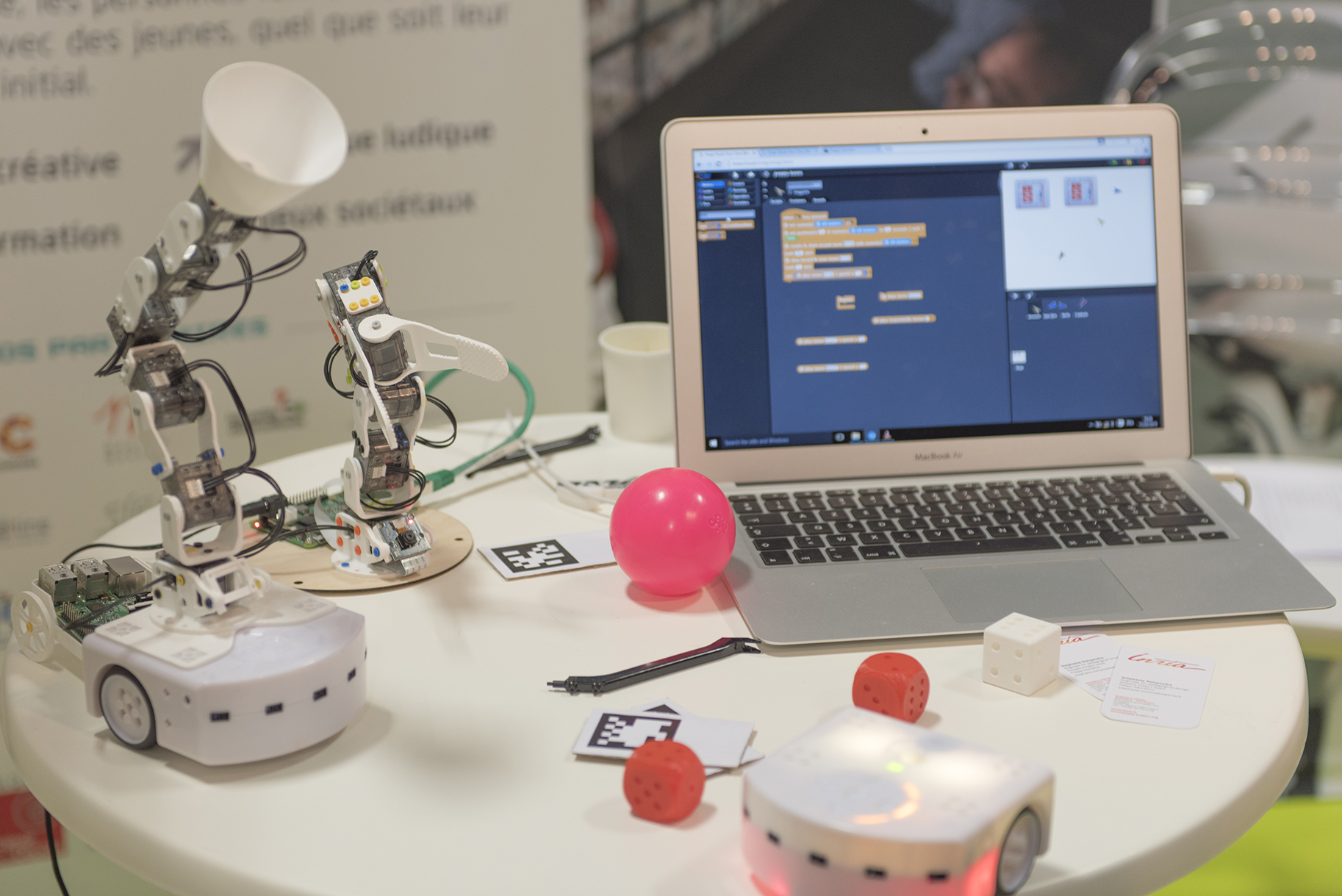
Educational robotics : a pedagogical outreach tool
A research project around Ubisoft

Life sciences : the formation of biological fractals

